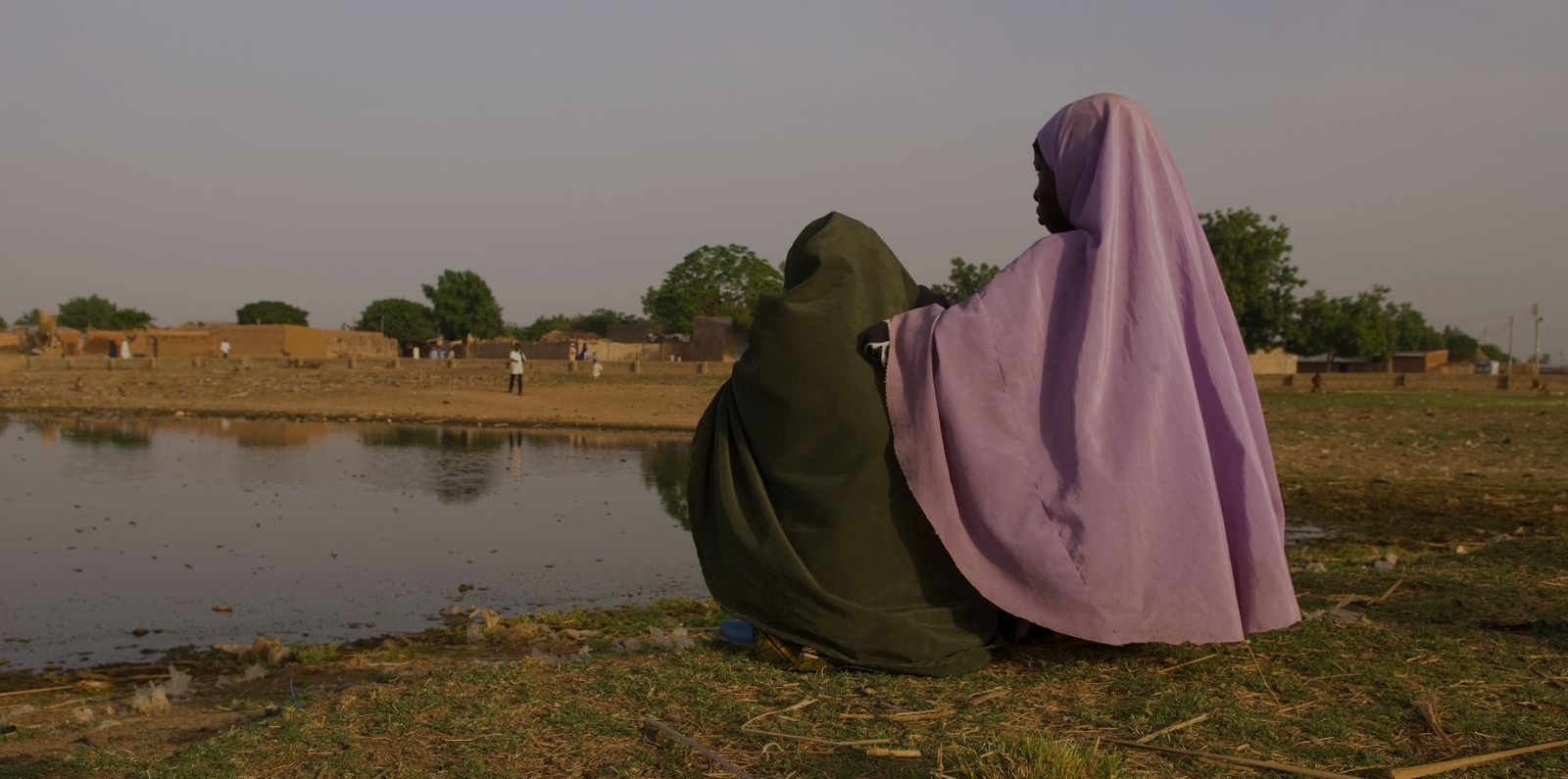About the Project
Niger ranks second to last in the United Nations Development Program’s Human Development Index, with close to 50% of the population living on less than $2 a day – most of them farmers. The agricultural sector accounts for almost 40% of the GDP of Niger and employs three-quarters of the population. Agriculture mostly relies on small-scale family farms that combine rain-fed crops – mainly cereals and vegetables. A semi-arid zone, used for pastoralism and rain-fed agriculture, separates the northern and southern regions. Irrigated land is less than 1%, but irrigated farming accounts for about 30% of the country’s agricultural production. Rural farming families own, on average, five acres of dry land. Some families also have access to small plots of irrigated land (less than one hectare). Land availability per household/person has been declining, given population growth and the concentration of inhabitants in rural areas.
The Water Mobilisation Project to Enhance Food in Maradi, Tahoua, and Zinder Regions (PMERZA-MTZ) raises and safeguards agricultural output by creating agricultural, silvicultural, and pastoral development centers located in surface water collection sites. This involves constructing and rehabilitating water-spreading bunds, mini-dams, and irrigation areas over approximately 17,600 hectares, ensuring land tenure security for developed sites, and building village wells, rural roads, and storage infrastructure. The project partners with an NGO, Plan International, to carry out income-generating activities for women through the distribution of postharvest equipment and capacity building. These outcomes will increase irrigated surface area, reduce postharvest losses, increase agricultural output and value-added, and contribute to climate-smart agriculture co-benefits.
Country
- Niger
Project Status
ClosedFunding
Country-led projectSupervising entity
- AfDB
Call Year
2010GAFSP Funding Amount
33.00Results
218,000 people benefitted from the project (51 percent women), surpassing the end-of-project target of 213,000 people. PMERSA-MTZ developed 47 water thresholds, spreading an additional 70 million cubic meters of water; constructed or rehabilitated 11 mini-dams for irrigation water; constructed 6,000 vegetable and village shallow wells; distributed 5,000 motor pumps; and supported water and soil conservation on 3,700 hectares of land. The project also supported income-generating activities for women and young people by equipping them with 1,500 donkey carts, 105 irrigation maintenance kits, 15,150 sheep and goats, and 598 small processing unites with various equipment, such as mills, huskers, oil presses, and cassava processing units.
Contact
Cheibany Moustapha Cheikh Abdallahi
c.moustapha@afdb.org
Giovanni Tiba
g.tibaldeschi@afdb.org
